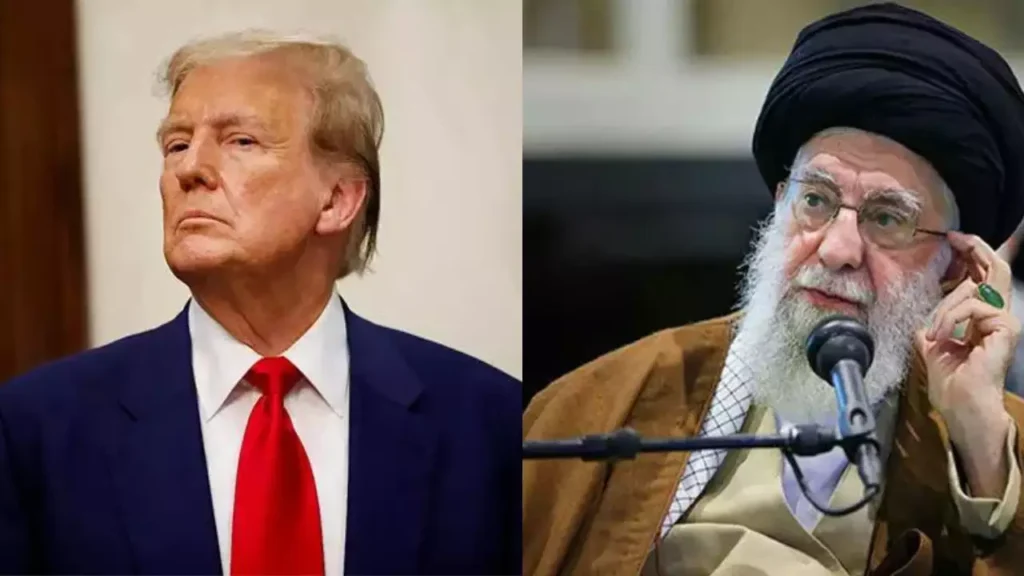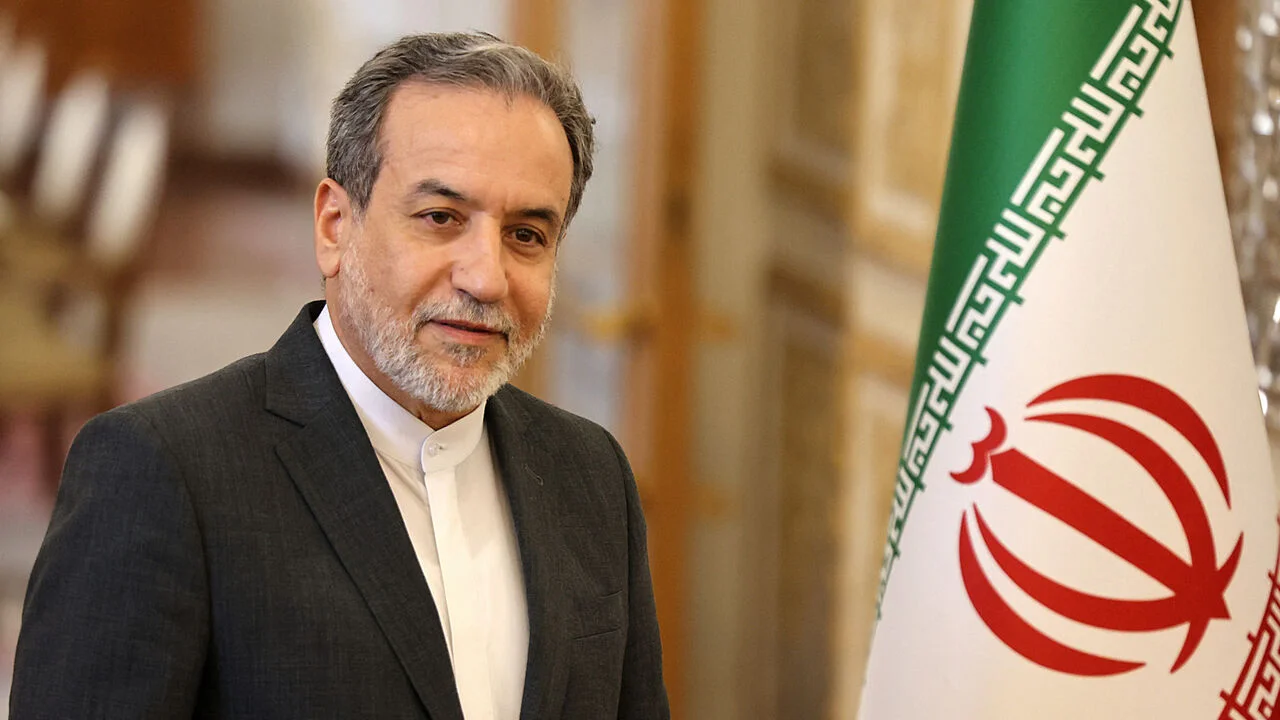TEHRAN — April 15, 2025 — As global attention turns to Iran’s nuclear activities, the country’s Foreign Minister is set to travel to Moscow later this week for critical talks on its nuclear program, ahead of a new round of indirect negotiations with the United States in Oman.
The announcement comes just days after Abbas Araghchi, Iran’s chief nuclear negotiator, met with U.S. Middle East envoy Steve Witkoff in Muscat. The meeting marked the highest-level contact between the two nations since the 2015 nuclear deal collapsed, drawing international focus back to Iran’s nuclear ambitions.
Trump Pressures Iran Back to Negotiating Table
With U.S. President Donald Trump back in office since January, Washington has renewed pressure on Tehran to return to negotiations. In March, Trump sent a direct letter to Iran’s Supreme Leader Ayatollah Ali Khamenei, urging a restart to nuclear discussions and warning of potential military action if Iran refuses cooperation.

Western countries, led by the U.S., have long accused Iran of seeking to develop nuclear weapons. However, Iran maintains that its nuclear program is strictly for peaceful purposes, a position it has consistently upheld.
Moscow Meeting Aims to Strengthen Diplomatic Channels
According to Esmaeil Baqaei, Iran’s Foreign Ministry spokesman, Araghchi’s visit to Moscow was scheduled in advance and will serve as an opportunity to discuss the latest developments in the Muscat talks. During the trip, Araghchi will meet with Russian Foreign Minister Sergei Lavrov and other senior officials. Russia remains a key player in the 2015 Iran nuclear agreement and continues to advocate for diplomatic solutions.
Russia and China have both engaged with Tehran in recent weeks, aiming to help de-escalate tensions and bring the U.S. and Iran back to the negotiation table.
Next Round of U.S.-Iran Talks Set for Oman
Baqaei confirmed that the next round of Iran-U.S. talks will be held on Saturday in Oman. Despite earlier reports suggesting Rome as a potential venue, Oman remains the agreed location. These discussions will continue to be indirect, with Omani officials serving as mediators between the two delegations.
Baqaei emphasized that the focus of these talks will be limited to Iran’s nuclear file and the lifting of U.S. sanctions, adding that discussions on other issues such as Iran’s missile program and regional influence are considered non-negotiable red lines.
IAEA Chief Rafael Grossi to Visit Iran
In parallel with the diplomatic momentum, UN nuclear watchdog chief Rafael Grossi is expected to visit Tehran later this week. While details of the visit are still being finalized, Grossi confirmed on social media that he will travel to Iran soon, emphasizing the need for continued engagement between Tehran and the International Atomic Energy Agency (IAEA).
Grossi is scheduled to meet with Araghchi and Mohammad Eslami, head of Iran’s Atomic Energy Organization. His last visit to Iran took place in November, when he met with top Iranian officials, including President Masoud Pezeshkian.
Concerns Over Iran’s Uranium Enrichment
In its February report, the IAEA revealed that Iran currently holds over 274.8 kilograms of uranium enriched up to 60%, far exceeding the 3.67% cap set under the 2015 agreement. This level of enrichment moves Iran significantly closer to the 90% threshold required for weapons-grade material.
As tensions rise and the international community watches closely, the outcome of upcoming Iran-U.S. nuclear talks and diplomatic visits — including those to Moscow and by the IAEA — could determine the future of nuclear diplomacy in the Middle East.




